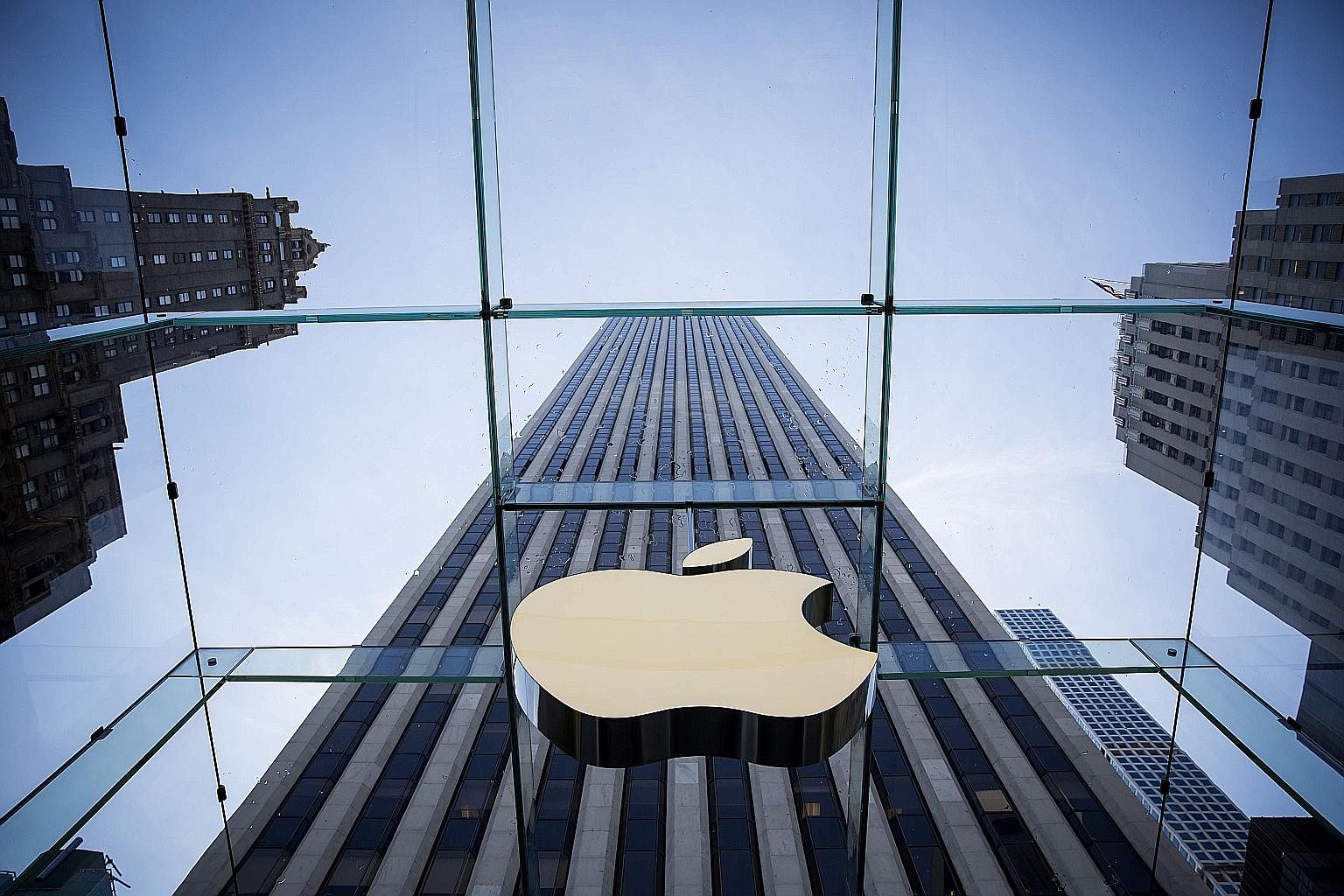In recent years, we have been led to believe that the stock market has become so efficient the only rational response for investors is to simply buy into a low-cost index fund.
The reasoning goes like this: Blue chip companies are so well-researched there is nothing to know that is not already in the price.
And when there is any big news-breaking development, the same information is instantly available to everyone as it gets disseminated through Bloomberg machines and over the Internet.
Under these circumstances, it is almost futile to try making money out of the information. The news would have been immediately dissected by teams of experts in different broking houses and fund management firms with the same talent and drive, who will arrive at almost the same conclusions on the impact of the news on the market.
Even trying to make a cent or two from gyrations in share prices is tough. You will find yourself competing with ultra-fast computers which can arbitrage away every trading opportunity faster than you can blink your eyes.
Yet, it is precisely because so much of investing has become automated that it has become easier for savvy investors to make money from the market - if only they know where to look.

I recently met up with an old friend, Douglas, who has profited handsomely from trading the ferociously competitive US stock market which is dominated by robotic trading. His strategy? Plain old-fashioned stock-picking.
Douglas says an important reason why this strategy works is the dramatic rise in passive index funds that blindly buy into stocks without discerning what they are getting into. These passive funds make use of machines to do much of the buying of the shares in order to cut costs.
Add to this the dramatic culling of stock analysts who are paid to work out what is going on at companies, and offer their views to investors. This is due to the big squeeze in stock trading margins which means it no longer makes sense for their employers - the investment banks and big brokerages - to keep them on.
These developments have an important side-effect: Analyst coverage of many smaller listed firms has become almost non-existent and there is very little advance warning of either good or bad news on them.
In a huge market like New York's, this means lots of opportunities are being ignored, and this gives a savvy investor plenty of scope for stock picking. Sure, you will need to be smart and do your homework in analysing the counters. But as an individual investor, you may just be able to outsmart the market even though nearly everyone else says that it is impossible.
I find Douglas' analysis intriguing. Certainly, the relentless rise in passively managed funds has made a big difference in the world of investments in recent years.
Collectively, these funds are known as exchange-traded funds (ETFs). They track baskets of stocks in widely followed indexes such as S&P 500 and are traded like any other stock. They control more than US$3.5 trillion (S$4.9 trillion) worth of assets worldwide.
This year, ETFs have already attracted more than US$65 billion in fresh funds in the US market alone as investor sentiment improved following Mr Donald Trump's election as US President last November.
But one big drawback of investing in ETFs is that the purchases they make are simply based on the stocks which they track with no thought as to what is bought - and what isn't bought.
It is this very weakness which gives traders like Douglas an edge in making money from the market.
Take the ETFs linked to the S&P 500. About US$2 trillion of assets directly track the index while another US$7.5 trillion to US$8 trillion use it as the benchmark.
Yet, examine what is behind the 5 per cent gain made by the S&P this year and you will find that it is driven by only a handful of stocks.
According to the Financial Times, Apple and Facebook together account for more than 20 per cent of the index's rise. A further 10 stocks - including the e-commerce giant Amazon, Google owner Alphabet and more defensive plays such as the cigarette market Philip Morris International - make up another 50 per cent of its gains.
On the flip side, investors can find themselves unwittingly exposed to stocks which go belly-up because of exposure to passively managed funds which have to hold these dud counters as they form part of the indexes that they track.
One good example would be the China firm Huishan Dairy, whose share price inexplicably plunged 90 per cent in just an hour on the Hong Kong stock market in March. It was a constituent stock in the widely followed MSCI Asia Pacific Index used as a benchmark by many index funds tracking the regional markets. Even though corporate governance concerns had been raised about Huishan Dairy well before its plunge, a passive fund would have continued to hold it because of its index stock status.
There is a further anomaly: As ETFs merely track stocks already in an index, their holders are unable to profit from any bets on stocks likely to make it to the index.
This is because machines buying stocks for these funds are simply not wired to spot companies which are rising up the ranks. But smart traders can. They often make money just by buying stocks which are earmarked for the index, knowing full well that once these counters join the index, their share prices will get a big boost.
Examples would include the conglomerate Jardine Matheson which jumped an eye-popping US$1.72 to US$58.22 in February last year, just before it was added to the MSCI Hong Kong Index.
To sum up, I am convinced there will be even more instances of such profit-making opportunities as investment banks lay off human stock pickers and replace them with robots. What is more, stock picking is likely to be even more crucial as corporate results play a muchmore important role in determining market trends.
For the past decade, share prices have been propped up by ultra-low interest rates and the fat cushion of fresh-minted money issued by a coterie of major central banks - the US Federal Reserve, the European Central Bank and the Bank of Japan.
Under such circumstances, stock picking may not matter as much, as markets move in tandem with each other. But the US Federal Reserve has started to raise interest rates and this course of action is likely to be adopted by other central banks. This will alter the way in which stock prices move.
As a result, plenty of investment opportunities are likely to be tossed up that have not been available before. Be sure to seize them.

